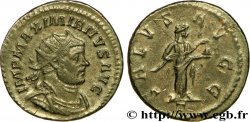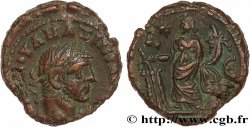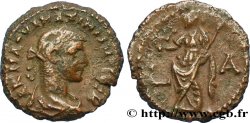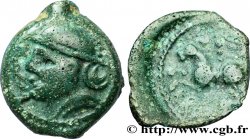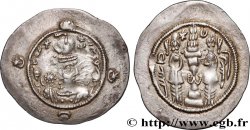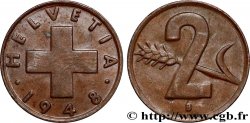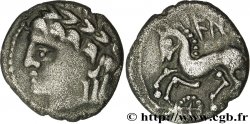v28_0381 - MAXIMIANUS HERCULIUS Follis ou nummus
MONNAIES 28 (2007)
Starting price : 145.00 €
Estimate : 200.00 €
Realised price : 145.00 €
Number of bids : 1
Maximum bid : 145.00 €
Starting price : 145.00 €
Estimate : 200.00 €
Realised price : 145.00 €
Number of bids : 1
Maximum bid : 145.00 €
Type : Follis ou nummus
Date: 301
Mint name / Town : Vénitie et Istrie, Aquilée
Metal : copper
Diameter : 28 mm
Orientation dies : 6 h.
Weight : 9,29 g.
Rarity : R1
Officine: 1re
Emission: 6e
Coments on the condition:
Portrait de toute beauté avec une patine vert olive et des reflets métalliques dans la chevelure. Revers bien venu à la frappe
Catalogue references :
Predigree :
Cet exemplaire provient de MONNAIES XIII, n° 1018
Obverse
Obverse legend : IMP MAXIMIANVS P F AVG.
Obverse description : Tête laurée de Maximien Hercule à droite (O*).
Obverse translation : "Imperator Maximianus Pius Felix Augustus", (L’empereur Maximien pieux heureux auguste).
Reverse
Reverse legend : SACR MONET AVGG ET CAESS NOSTR/ -|V// AQP.
Reverse description : Moneta (la Monnaie) drapée, debout de face regardant à gauche, tenant une balance de la main droite et une corne d'abondance de la gauche.
Reverse translation : "Sacra Moneta Augustorum et Cæsarum Nostrorum", (La Monnaie sacrée de nos augustes et de nos césars) .
Commentary
Avec une argenture superficielle. Grosse tête. Pour ce type, il existe deux variantes de légende. La différence entre les deux monnaies, très proches par le style et l’épigraphie, réside dans le fait qu’au revers est inscrit SACR au lieu de SACRA. Cette orthographe est beaucoup plus rare.








 Report a mistake
Report a mistake Print the page
Print the page Share my selection
Share my selection Ask a question
Ask a question Consign / sell
Consign / sell
 Full data
Full data

